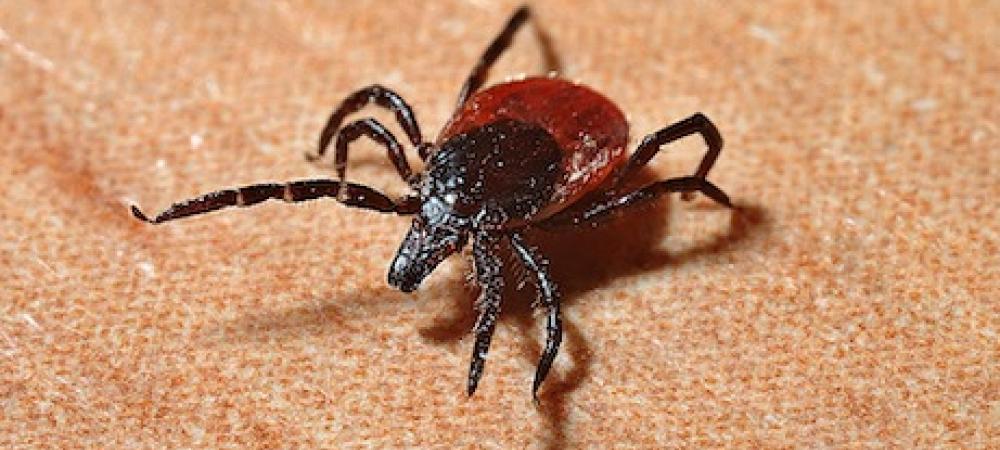When Should You Treat Your Yard for Ticks?

Florida’s mild weather makes pest control a year-round issue. As springtime approaches and you spend more time outdoors, the greater chances you have of bringing home a tick. Ticks not only latch onto their hosts and feed off their blood, but they also carry potentially life-threatening diseases like Lyme disease.
To protect yourself from ticks, it is essential to treat your yard to reduce your risk. When should you treat your yard for ticks? What are the best treatment options? We have the answers for you.
When to Treat Your Yard
Deer ticks, the most common type found in the U.S., lay their eggs in March and April. The larvae hatch after a few weeks and eventually shed into nymphs, which are young adults. By late summer and early fall, the nymphs will be fully-grown adults who love to feed on humans and other large mammals.
Knowing this, the best time to treat your yard for ticks is during the spring. While May is the ideal time for most of the U.S. since all of the wintertime snow is long gone, treatment for our area can usually be done earlier.
In addition, we recommend continuing tick treatment in the summer and fall to interrupt their reproductive cycle.
How to Treat Your Yard
Treatment usually involves spraying with insect repellent, but you can also reduce the number of ticks in your yard by mowing frequently and cleaning up leaves or debris regularly. Before spraying, a pest control expert will first conduct an evaluation of your property. The evaluation will include the possible tick concentration and how much treatment needs to be done.
If you would rather use a natural insect repellent, try cedar oil, eucalyptus oil, apple cider vinegar, or neem oil. These natural oils can be used as-is in your yard or diluted with water as a natural insect spray for you and your pets.
What to do if You Find a Tick
Even after your yard has been treated for ticks, it is still vital to check yourself and your pets after you come in from the outdoors. Common areas where ticks like to hide include your scalp, armpits, underneath your shoes, and in your pet’s fur. If you find a tick, carefully remove it with tweezers, wash your clothes in hot water, and shower immediately. Keep a close eye on any bite marks for any signs of Lyme disease.
Treating your yard for ticks is essential for the well-being of you, your family, and your pets. Keep your yard pest-free by contacting Venice Pest Control today! With over 51 years of experience, we are confident that we will get the job done correctly.
